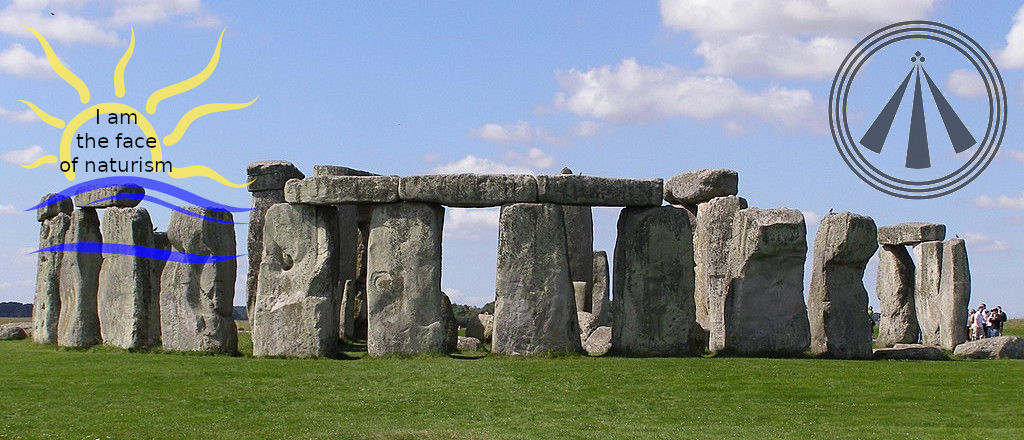
Could a computer save lost languages of the ancient world?
Could a computer save languages from extinction? (found on ScienceRecorder)

Until now, saving languages from extinction largely depended on whether computer scientists could create algorithms able to capture samples before individuals speaking the language died off.
Now, it seems living speakers of ancient languages may not even be a requirement.
According to a new report, a Canadian scientist suspects that advanced computer programs could be used to recreate dead languages. The research team, comprised of Alexandre Bouchard-Cote at the University of British Columbia in Vancouver and his co-workers at the University of California Berkeley, posits that dead languages could be reconstructed by feeding modern successors into computer programs configured to build extinct languages word by word.
Bouchard-Cote says a machine-learning algorithm could identify changes before they actually occur, a technological advancement that could be reversed-engineered to recreate dead languages. Citing an example of sound shifting, researchers said the well known Canadian Shift, where many Canadians now say “aboot” instead of “about,” is just one example that shows promising signs.
In a proof of concept, researchers reconstructed a set of languages from a database of more than 142,000 words that form 637 Austronesian languages — many of which are spoken in Southeast Asia, the Pacific, and regions in Asia. The program was able to accurately suggest how certain languages sounded and also identified which sounds were most likely to change.
The computer program could provide scientists around the world with potent tool for staving off the extinction of a number of languages, many of which are already on the decline. For centuries scientists have had to depend on deciphering lost languages by hand, relying on bits of parchment and other historical artifacts.
The language program is widely seen as a major advancement for language technologies in general. Researchers involved in the project say it is a compelling example of how big data and machine learning are beginning to make a significant impact on all facets of knowledge. That said, it is not the first time the idea of using computers to halt the decline of languages has come about. In mid-2012, Google announced its intention to collaborate with scholars, researchers, and language communities, through an initiative called the Endangered Languages Project. Through the project, people can learn about the Earth’s endangered languages follow the documentation being created to preserve them.
The paper is published in the most recent edition of the journal Proceedings of the National Academy of Sciences.